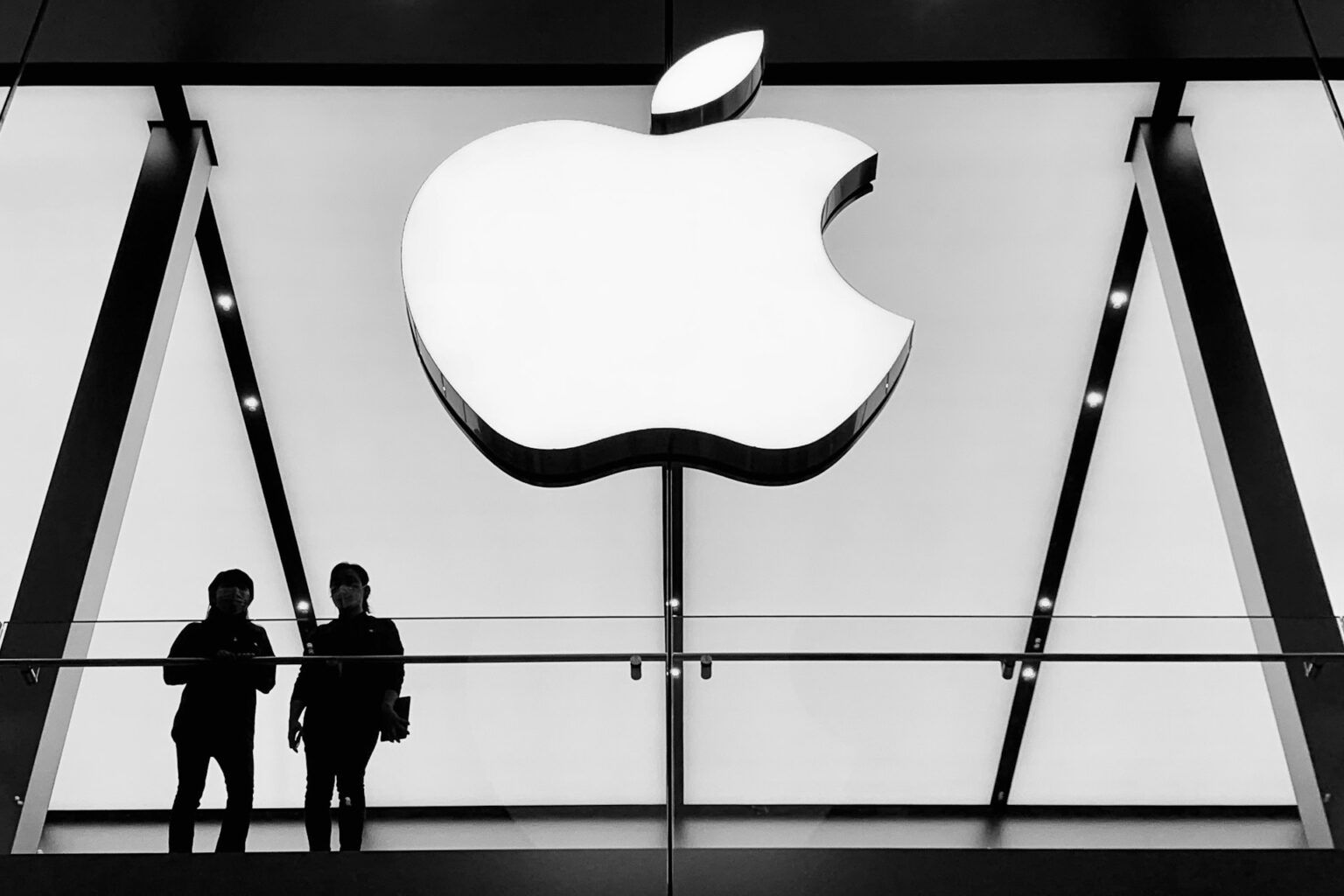Apple Inc. launched its most significant legal counterattack yet against the European Union’s efforts to rein in the market power of major technology firms, accusing Brussels of overstepping with the Digital Markets Act (DMA) — the bloc’s landmark regulation targeting Big Tech dominance.
Speaking before the General Court in Luxembourg, Apple’s lawyer Daniel Beard argued that the DMA “imposes hugely onerous and intrusive burdens” that infringe on Apple’s rights within the EU’s internal market. The iPhone maker’s case represents the most far-reaching challenge to the DMA to date, amid mounting tensions between the EU and Silicon Valley, Bloomberg reported.
Adopted in 2023, the DMA seeks to curb anti-competitive practices by large digital “gatekeepers” through a list of obligations and prohibitions. The regulation compels major platforms to open up their ecosystems and ensure fair access for rivals. However, Apple has positioned itself as the most defiant of the targeted companies, contesting several of the law’s key provisions.
Apple’s legal challenge focuses on three main areas. First, it contests the interoperability requirements that compel iPhone services to function with rival hardware such as third-party earbuds or smartwatches. Apple claims these rules undermine user privacy, security, and intellectual property protection — values it argues are central to its brand and EU citizens’ digital rights.
Second, Apple disputes the European Commission’s classification of its App Store as a “core platform service” under the DMA. The company maintains that the App Store should not fall under the law’s scope because it does not constitute a single, stand-alone service as defined in the regulation. Despite this argument, Apple was fined €500 million ($581 million) earlier this year for alleged violations of the DMA’s provisions, a penalty it is challenging separately.
Third, Apple objects to the Commission’s previous decision to investigate iMessage for potential inclusion under the DMA’s framework. The service was ultimately excluded from the regulation, but Apple argues that the inquiry itself was unjustified given that iMessage does not directly generate revenue.
EU Commission lawyer Paul-John Loewenthal defended the bloc’s enforcement approach, arguing that Apple’s “absolute control” over its ecosystem allows it to earn “supernormal profits” in related markets, where competitors cannot compete on equal terms. “Only Apple has the keys to that walled garden,” Loewenthal told the court. “It decides who gets in and who can offer their products and services to iPhone users. Through such control, Apple has locked in more than a third of European smartphone users.”
Beard countered that the DMA’s obligations “ignore the protection of property rights and issues of privacy and security, which are vital to EU citizens.” He contended that forcing Apple to open up its tightly integrated systems to third parties risks undermining the very consumer protections the EU purports to safeguard.
Apple’s legal battle comes amid broader political tensions over digital regulation. The DMA has faced criticism not only from Silicon Valley but also from U.S. officials, including former President Donald Trump, who has accused Brussels of unfairly targeting American technology firms. The law has also complicated ongoing EU–U.S. trade talks, as Washington seeks to shield its flagship tech companies from what it sees as discriminatory enforcement.
Apple’s case follows similar challenges from other major technology companies, including Google (Alphabet Inc.), Microsoft Corp., Amazon.com Inc., Meta Platforms Inc., ByteDance Ltd., and Booking Holdings Inc., all of which have been designated as “gatekeepers” under the DMA. However, Apple’s lawsuit is widely viewed as the most comprehensive and consequential attack on the new framework.
In recent years, the European Union has intensified its campaign against market dominance by large digital platforms. It has imposed more than €9.5 billion in fines against Google, ordered Apple to repay €13 billion in back taxes to Ireland, and levied a €1.8 billion fine against Apple under traditional antitrust rules for restricting competition in music streaming services.
The outcome of Apple’s challenge is expected to shape the future of digital regulation in Europe — and potentially influence global approaches to the oversight of large technology companies. A ruling in Apple’s favor could narrow the scope of the DMA and slow its enforcement, while a victory for the Commission would strengthen the EU’s role as the world’s leading regulator of Big Tech.
